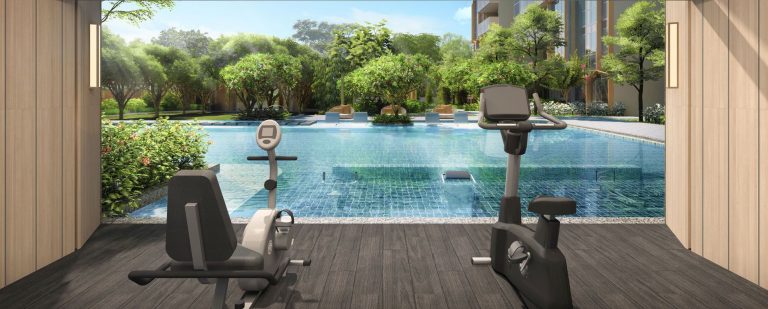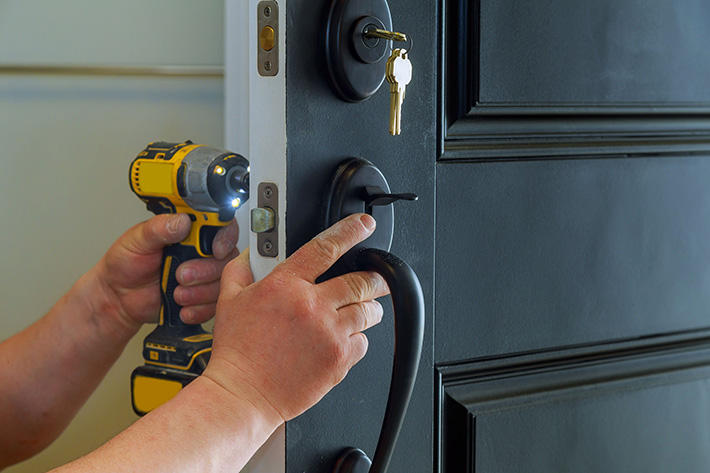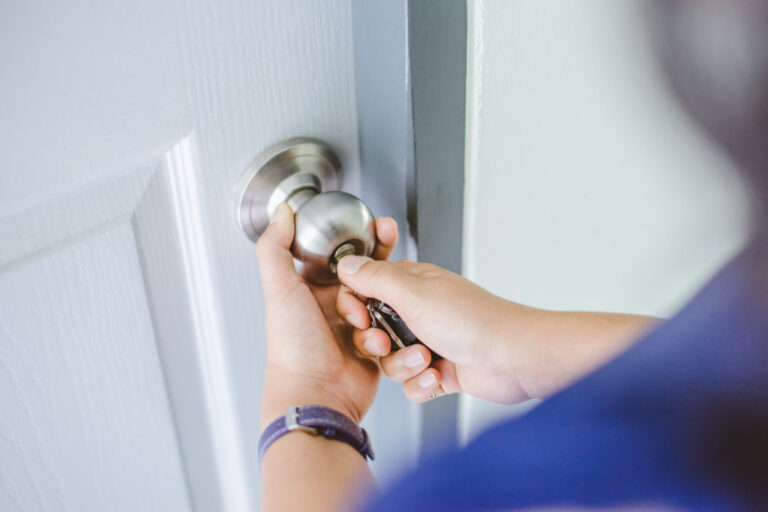Streamlining Property Management with Real Estate CRM Tools
In the competitive world of property management, utilizing a robust Customer Relationship Management (CRM) system is essential for efficiency and effectiveness. The best real estate CRM tools can significantly streamline operations, allowing property managers to enhance communication with tenants, manage maintenance requests, and oversee financial transactions with ease.
By leveraging a well-customized CRM, property managers can centralize their operations, automate repetitive tasks, and provide better service to their clients and tenants. This article will explore how CRM tools can transform property management processes, making them more efficient and less time-consuming.
1. Centralized Data Management
One of the primary advantages of using a CRM in property management is the ability to centralize data. A CRM allows property managers to store tenant information, lease agreements, maintenance records, and financial data in one accessible location. This centralized database not only improves organization but also ensures that all team members have access to up-to-date information, reducing the chances of errors or miscommunication.
2. Improved Communication
Effective communication is vital in property management, whether it’s with tenants, owners, or service providers. CRM tools can facilitate seamless communication through features like email integration, automated notifications, and task assignments. Property managers can easily send reminders for rent payments, schedule maintenance appointments, and keep tenants informed about important updates, all within the CRM platform.
3. Automation of Routine Tasks
The automation capabilities of a CRM can help property managers save time on routine tasks. From automated rent reminders and maintenance requests to generating lease agreements, CRM tools can handle many repetitive processes. This automation not only reduces the workload but also minimizes the risk of human error, allowing property managers to focus on more strategic tasks.
4. Efficient Maintenance Management
A well-implemented CRM can streamline maintenance management by allowing tenants to submit requests directly through the system. Property managers can prioritize and assign maintenance tasks, track progress, and communicate updates to tenants, ensuring that issues are resolved promptly and efficiently. This responsiveness enhances tenant satisfaction and helps maintain property value.
5. Financial Tracking and Reporting
Managing finances is a critical aspect of property management. A CRM can help property managers track income, expenses, and tenant payments in real time. Custom reporting features enable managers to generate financial statements, monitor cash flow, and analyze the performance of properties. This financial oversight is essential for making informed decisions and ensuring profitability.
6. Enhanced Tenant Experience
Ultimately, using a CRM in property management leads to an improved tenant experience. With streamlined processes, timely communication, and efficient maintenance handling, tenants feel valued and cared for. Satisfied tenants are more likely to renew leases and recommend the property to others, which is beneficial for the overall success of the property management business.
In conclusion, integrating a real estate CRM tool into property management practices can lead to significant improvements in efficiency, communication, and tenant satisfaction. By adopting the best real estate CRM, property managers can not only streamline their operations but also create a positive living experience for their tenants, ultimately driving business success.




